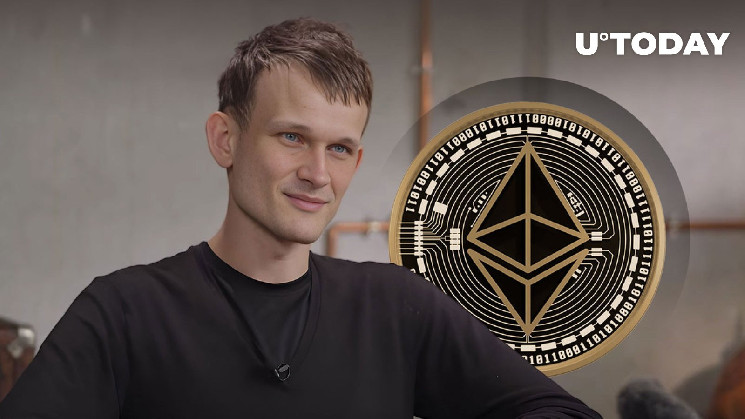In a bid to address Ethereum’s ongoing high gas problems, Vitalik Buterin has unveiled a major new proposal aimed at optimizing transaction calldata and gas usage within the network.
The draft proposal, dubbed EIP-7706, introduces a novel approach to managing transaction calldata by incorporating a new type of gas specifically tailored to calldata transactions. By providing a separate fee market for calldata transactions, complete with distinct basefee and per-block gas limits, the proposal aims to significantly reduce the theoretical maximum calldata size per block while making calldata more affordable on average.
Buterin’s motivation behind the proposal stems from the need to tackle the inefficiencies in the current gas model.
Despite Ethereum’s gas limit appearing suitable, concerns persist regarding the network’s ability to handle increased transaction volume without compromising on block size, efficiency and cost. EIP-7706 seeks to mitigate these concerns by introducing a streamlined mechanism for managing calldata gas, thereby optimizing block space and transaction costs.
Vitalik’s vision
Moreover, the proposal introduces a new transaction type that encompasses basefee and priority fee as a vector, facilitating the handling of all three types of gas through the same code paths. This unified approach ensures consistency across different gas types, thereby enhancing the overall efficiency and stability of the Ethereum (ETH) network.
This development comes hot on the heels of Buterin’s recent insights into multidimensional gas and the transition toward a more efficient transaction processing model.
The shift from a single-dimensional gas model to a multi-dimensional one has been widely heralded as a significant leap forward for Ethereum, promising increased scalability, efficiency and readiness for future demands.
Read the full article here









